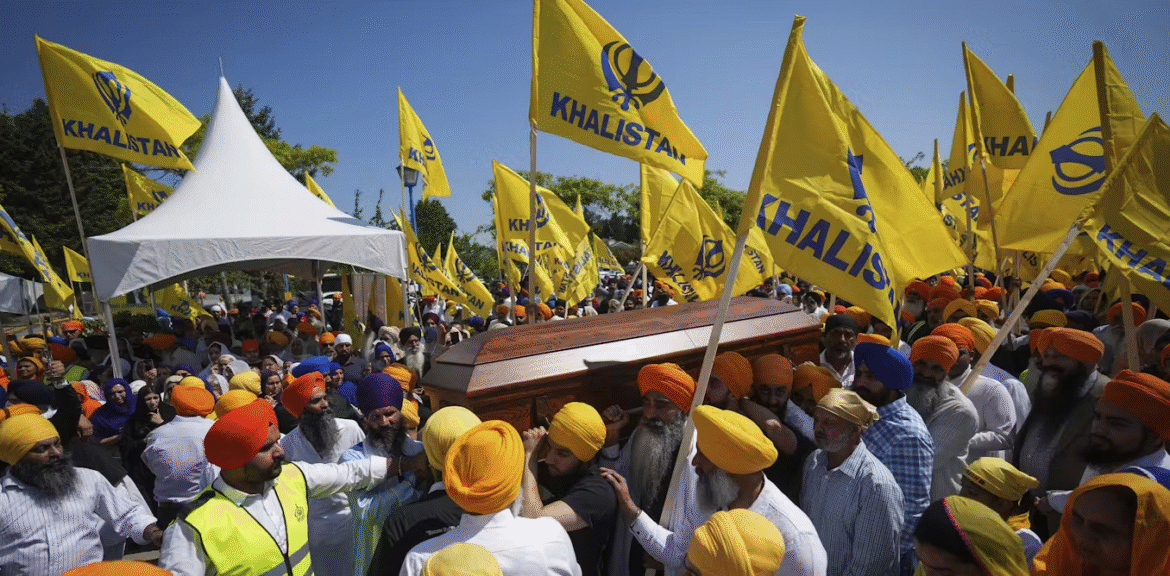AI Generated Summary
- The renewed focus on Khalistan extremism comes after several incidents in the UK, including the attack on the Indian High Commission in London in 2023 and disruptive protests targeting Indian diplomats.
- ” Both governments expressed their commitment to act on these issues using the full extent of their respective legal systems, with India expecting tangible action on the ground from the UK in the coming months.
- Foreign Secretary Misri summed up the meeting by noting, “Radicalism and violent extremism have no space in democratic societies and should not be allowed to abuse the freedoms provided by such societies.
Prime Minister Narendra Modi and UK Prime Minister Keir Starmer held crucial talks in Mumbai this week, with the issue of Khalistan extremism featuring prominently alongside ongoing trade, defence, and technology discussions. The meeting underscored India’s persistent concerns about pro-Khalistan activities on British soil, as both leaders agreed that radicalism and violent extremism must not find space in democratic societies or be permitted to exploit their freedoms.
Khalistan Extremism at the Forefront
PM Modi reiterated India’s unease over the presence and activities of pro-Khalistan extremists in the United Kingdom. Foreign Secretary Vikram Misri confirmed that Modi emphasized the urgent need for both governments to act decisively and within existing legal frameworks to address such extremist threats. Modi stated that democratic principles must not be abused by individuals or groups promoting radical ideologies.
Diplomatic Context and UK’s Response
The renewed focus on Khalistan extremism comes after several incidents in the UK, including the attack on the Indian High Commission in London in 2023 and disruptive protests targeting Indian diplomats. The Indian government has repeatedly pressed its British counterpart for more stringent action against such activities. PM Starmer’s delegation, which included business leaders and educationists, pledged greater cooperation on security and counter-terrorism as part of a broader effort to strengthen the Indo-UK partnership.
Strengthening Bilateral Ties
Beyond security concerns, the leaders reviewed progress on the recently signed India-UK Free Trade Agreement, which is expected to double bilateral trade by 2030. The conversation over extremism—alongside talks regarding trade, defence, and critical technology—reflects the multidimensional relationship both countries seek, aiming to ensure their societies remain open yet resilient against radical threats.
Official Statements and the Way Forward
Foreign Secretary Misri summed up the meeting by noting, “Radicalism and violent extremism have no space in democratic societies and should not be allowed to abuse the freedoms provided by such societies.” Both governments expressed their commitment to act on these issues using the full extent of their respective legal systems, with India expecting tangible action on the ground from the UK in the coming months.




